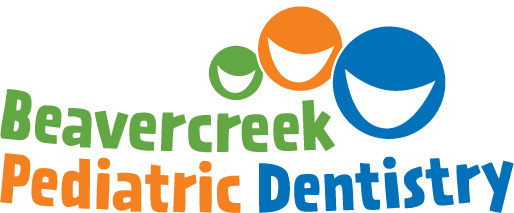HOW SUGAR AFFECTS YOUR CHILD’S TEETH
A spoonful of sugar may help the medicine go down, but it also helps your child’s risk of cavities go up. Here’s why.
Everyone has bacteria in their mouth. To survive, the bacteria feed on sugars found on teeth. These sugars come from the breakdown of starchy foods or the simple sugars added to soda or candy. As the bacteria eat, they produce an acidic waste—it’s this acidic waste that causes tooth decay.
Unfortunately, kids today get way more sugar than they need from beverages like:
- soft drinks
- fruit drinks
- sports drinks
- energy drinks
- sweetened milk
- milk alternatives
- 100 percent fruit juices
Yes, even 100 percent fruit juices are bad for your child’s teeth. Fruit juices are packed with sugar and calories. The American Academy of Pediatrics (AAP) recommends:
- Infants under a year old should not drink fruit juice. (Breast milk is considered best for children under 12 months.)
- Children ages 1 to 3 years of age should only drink up to 4 ounces.
- Children ages 4 to 6 should only get 4 to 6 ounces of fruit juice.
- Children ages 7 and up should drink 8 ounces of fruit juice max.
Kids also get sugar from desserts and snacks eaten between meals. Plus, many vitamin companies add sugar to their children’s products like gummies and other chewables. The AAP says the best way for children to get the vitamins they need is by eating a
healthy, well-balanced diet.
In an effort to battle obesity and dental cavities in children, the American Heart
Association adds the following recommendations:
- Children under 2 should not eat or drink anything with added sugars.
- Children over 2 should get no more than 25 grams (about 5 teaspoons) of added sugar a day.
- Children should not drink more than one 8-ounce sugary beverage per week.
Bottom line? The less sugar and starch in a person’s diet, the less likely bacteria will thrive, grow and produce decay-causing acids on their teeth. The simple act of brushing and flossing will disrupt and remove harmful bacteria. Say no to sugar and yes to a lifetime of cavity-free teeth.


 We are easy to find.
We are easy to find.